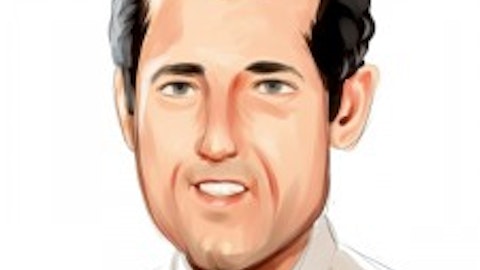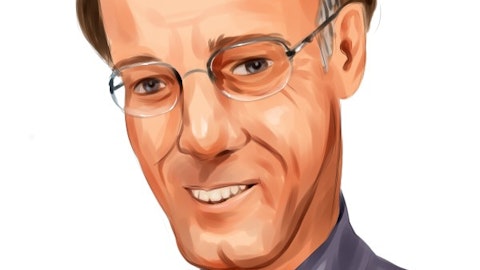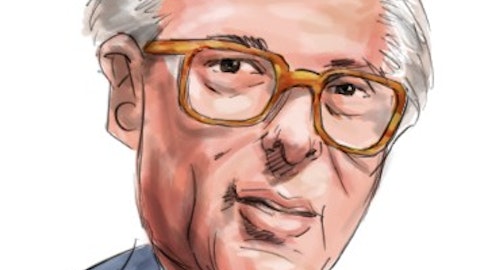The notion of QE3 rejuvenates thoughts of Ben Bernanke and the Fed flooding the market with dollars, weakening the U.S. currency and pushing up dollar-denominated commodities, while fueling expectations that raw-material use will increase based on the stimulus. Ben Bernanke’s plan includes increasing the amount of long-term securities held by the Fed with open-ended purchases of $40 billion of mortgage debt a month. Also, the benchmark interest rate is likely to remain near zero through mid-2015 according to the Federal Open Market Committee.
After the QE2 announcement, the Dow Jones – USB Commodity Index gained 12% in 3-months. Looking back at what exceled after QE2, Brent crude was trading at less than $90/barrel in November 2011 and gained almost $15 over the next three months. The price of corn, one of the biggest post QE2 gainers, is now a third higher than it was back then, as is the gold price.
With Ben Bernanke and the Fed’s recent announcement of QE3, what are the best commodity stocks to be in? We believe some of the well-known hedge funds have been ramping up their portfolios in preparation of Ben Bernanke’s QE3 announcement. Recent investors appear to have loaded up on Gold as a hedge against inflation, and the commodity was up 3.1% on the QE3 news.
A few of the key stocks that top hedge fund managers were buying in the second quarter, for what we believe was in anticipation of more quantitative easing, include Alcoa Inc. (NYSE:AA), a producer of aluminum. Alcoa saw investment from the likes of D.E. Shaw and Ray Dalio. A rebound in global aluminum demand should prove positive for the stock. Not only will QE3 help spur this demand, but the Chinese government’s $157 billion infrastructure development plan will also play an important role.
Freeport-McMoRan Copper & Gold (NYSE:FCX) is another popular company amongst hedge funds. Ken Fisher of Fisher Asset Management held the most shares in his 13F portfolio of any of the hedge funds we track at 14 million. Ray Dalio of Bridgewater and D.E. Shaw were also in Freeport during the second quarter. Steven Cohen of SAC Capital, Bill Miller of Legg Mason and Israel Englander of Millennium Management also held small positions, and George Soros took a new position in the company. See why hedge funds like Freeport. Freeport is one of the world’s largest copper producers and a top gold producer. The HIS Global Insight forecast for world economic growth of 2.4% in 2012, versus growth of 2.7% in 2011, is positive for copper consumption. Large copper supplies have placed pressure on the company, but as existing mines deplete this should help decrease the supply of copper.
Rio Tinto plc (NYSE:RIO) is one of the world’s largest mining companies, operating in the fields of iron ore, energy, industrial minerals, aluminum, copper, diamonds and gold. Rio Tinto was beaten down in the second quarter, with revenues down 13% and net income down 22%. This posed a good buying opportunity; Steven Cohen and D.E. Shaw took advantage. Not to mention, Ken Fisher, Howard Marks of Oaktree Capital and Israel Englander all had stakes in the company during the second quarter.
Additionally, Jim Simons of Renaissance Technologies, D.E. Shaw, Israel Englander and Steven Cohen were all upping their stakes in Silver Wheaton Corp. (NYSE:SLW) during the second quarter. This silver miner increased 2Q revenues by 14% and net income by 7%, although the company did have weak second quarter share price performance, it is still up over 36% year to date, versus Freeport up only 13%, Rio Tinto up 6% and Alcoa up 10%. The PEG ratio for Silver Wheaton is 0.98 based on its 5-year expected growth rate.
Barrick Gold Corporation (NYSE:ABX), a gold miner, had disappointing 2Q earnings, citing higher production costs, and Barrick also reduced its guidance for the rest of 2012. This forced the stock to perform the worst amongst the stocks mentioned, being down 7% year to date. However, with positive gold price outlook based on the possibility of QE3, David Einhorn with Greenlight Capital almost doubled his 1Q stake in Barrick during the second quarter. Again Israel Englander, Steven Cohen, D.E Shaw and Jim Simons were all in this stock during the second quarter, while Julian Robertson of Tiger Management took a new position in the company, and John Paulson of Paulson & Co. maintained his position.
To recap, these five commodities-focused companies either attracted or maintained some high profile names in the hedge fund industry prior to the announcement of QE3. D.E. Shaw was an owner of all five stocks, while Steven Cohen and Israel Englander each owed four.






